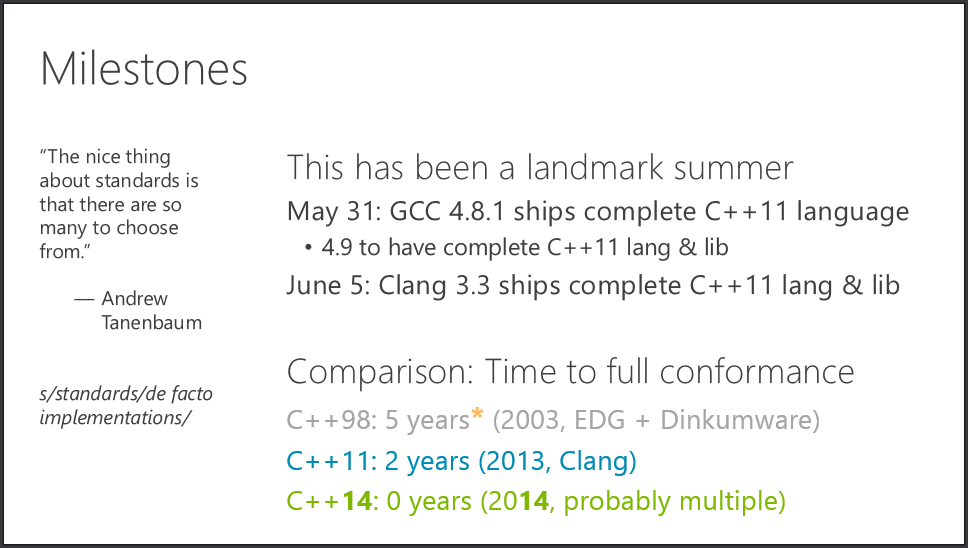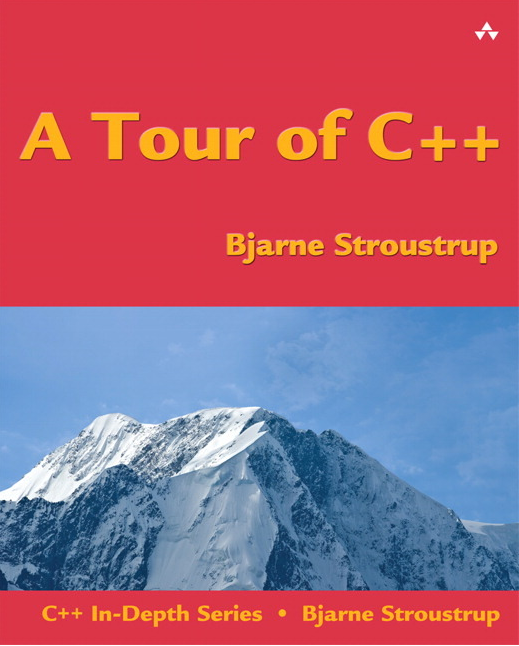C++ User Group Meetings in January
A new great year for C++ has begun and a few C++ User Groups already meet in January for the first time:
C++ User Group Meetings in January
by Jens Weller
From the Article:
A new and awesome year for C++ has begun. And this years starts with at least 2 new C++ User Groups...


